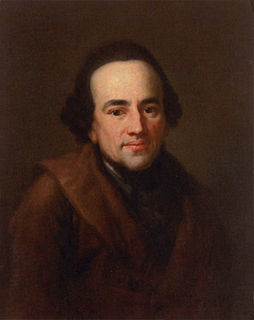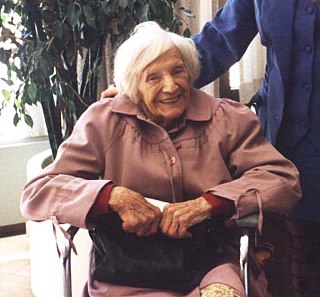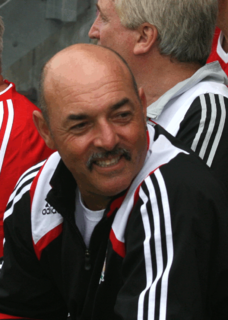A Quote by N. Scott Momaday
Words were medicine; they were magic and invisible. They came from nothing into sound and meaning. They were beyond price; they could neither be bought nor sold.
Related Quotes
Had I no eyes but ears, my ears would love. That inward beauty and invisible; Or were I deaf, thy outward parts would move each part in me that were but sensible: Though neither eyes nor ears, to hear nor see, yet should I be in love by touching thee. 'Say, that the sense of feeling were bereft me, and that I could not see, nor hear, nor touch, and nothing but the very smell were left me, yet would my love to thee be still as much; for from the stillitory of thy face excelling comes breath perfum'd that breedeth love by smelling.
If a book were written all in numbers, it would be true. It would be just. Nothing said in words ever came out quite even. Things in words got twisted and ran together, instead of staying straight and fitting together. But underneath the words, at the center, like the center of the Square, it all came out even. Everything could change, yet nothing would be lost. If you saw the numbers you could see that, the balance, the pattern. You saw the foundations of the world. And they were solid.
This was middle school, the age of miracles, the time when kids shot up three inches over the summer, when breasts bloomed from nothing, when voices dipped and dove. Our first flaws were emerging, but they were being corrected. Blurry vision could be fixed invisibly with the magic of the contact lens. Crooked teeth were pulled straight with braces. Spotty skin could be chemically cleared. Some girls were turning beautiful. A few boys were growing tall.
A definition is nothing else but an explication of the meaning of a word, by words whose meaning is already known. Hence it is evident that every word cannot be defined; for the definition must consist of words; and there could be no definition, if there were not words previously understood without definition.
I was a lonely child. My brother Tony and I were never very close, neither as children nor as adults, but I was tightly bound to him. We were forced to be together because we were really quite alone. We were in the middle of the Irish countryside, in County Galway, in the West of Ireland, and we didn't see many other kids.
The reason why Matthew Arnold, to my feeling, fails entirely as a poet (though no doubt his ideas were good - at least, I am told they were) is that he had no sense of touch whatsoever. Nothing made any impression on his skin. He could feel neither the shape nor the texture of a poem with his hands.







































